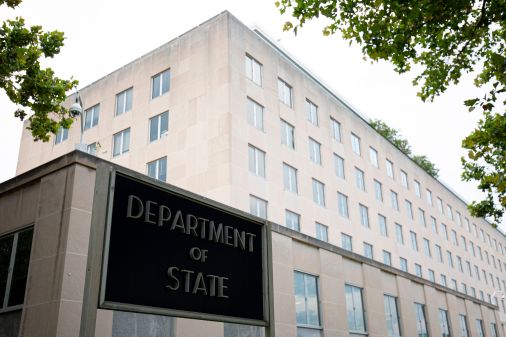Congressional report calls for DOD tech to be built at home

A congressional task force is urging the Department of Defense to better work with its partners to bring tech supply chains back within the U.S. and its allied nations.
The report from the Defense Critical Supply Chain Task Force points to protecting DOD’s supply chains as a critical but overlooked defense objective. The task force’s leaders Reps. Elissa Slotkin, D-Mich., and Mike Gallagher, R-Wisc., said the supply chain disruption caused by the coronavirus pandemic was a motivator behind the investigation into how DOD buys its critical supplies, including tech, during war.
“Last year, we all saw how the shortages of PPE cost American lives. We struggled to get things like masks and gloves for our healthcare workers, and it was obvious that our supply chains had failed,” Slotkin said.
For tech, like the microchips that power everything from computers to weapon systems, many of the base materials come from abroad. Some, like rare earth elements, come mostly from China — a situation that could snarl supply chains for DOD if it ends up in a war with the country.
“Throughout the pandemic, U.S. adversaries like China weaponized supply chain vulnerabilities in a way that threatened Americans’ health and security,” Gallagher said. “Our Defense Critical Supply Chain faces similar weaknesses that, if exploited, would impair our ability to compete with our adversaries and respond to crises. This problem will not age well.”
One of the key recommendations for how to work with allies to reshore critical tech capability supply chains is to use the National Technology and Industrial Base (NTIB) Council and create an international council. The councils should be used as forum to coordinate industrial policy among allies, the report recommends.
“The NTIB is an underutilized forum and should be leveraged to shape policy and partnerships with allies,” the report states. “To reduce reliance on adversaries and expand partnerships, the NTIB will need to help shape global policy.”




